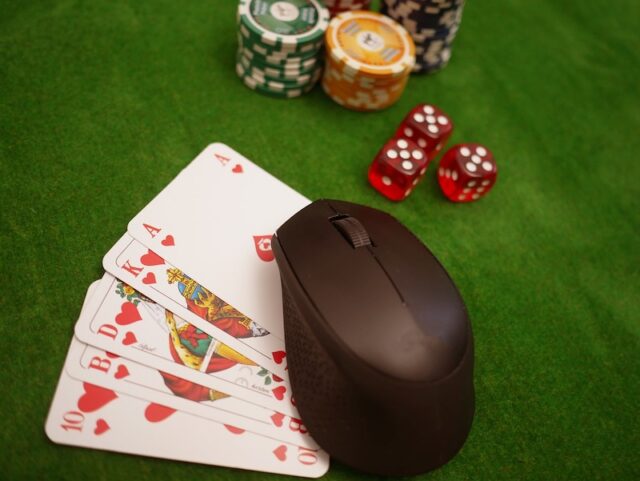If you’re looking to up your poker game, look no further. These seven tips will help you improve your playing style and give you the winning edge in live and online poker games.
Observe your opponent’s actions
One of the simplest and most effective ways to improve your game is to observe your opponent’s actions. This will allow you to read your opponent’s cards and compare their actions with your own. This will allow you to make more informed decisions and ultimately become more profitable.
Observing your opponent’s actions while they are not involved in your hand will help you decide on the best way to play your hand. For instance, if you observe that player three always folds, you can decide to raise on the river.
Learn to read your opponent’s tells
In the game of poker, reading people is an essential skill. In addition to memorizing your opponents’ cards and the size of the pot, you should also know how to read tells from their body language. These behavioral cues can give you an idea of how they think and what kind of hand they have.
While some tells are universal, others can vary from person to person. Knowing these tells will help you play with more confidence and avoid losing money. Of course, you need to be careful when reading your opponent’s tells, as some of these cues are intentionally given.
Reading your opponent’s tells is not as difficult as it might sound. It’s a matter of observing his or her betting patterns and paying close attention to tiny clues. For example, if your opponent raises quickly and folds quickly, it means he or she is speculating or hoping for a monster hand.
Develop your own unique poker strategy
Poker strategies are everywhere – and some players have even written entire books on them. Ultimately, you need to come up with a personal strategy that works best for you. This means testing out different variations and reviewing your results. Some players even talk to their peers about the poker hands they are having trouble with or ways they are playing differently. Whatever it is, a good poker player is constantly tweaking their game to maximize their short-term and long-term success.
One central concept in poker strategy is pot odds or the ratio of the pot size to the size of the minimum bet you should make in order to stay in the game. For example, if you’re playing for a $50 pot, you need to bet at least $10 in order to stay in the game. To be successful, your winning odds must be greater than the pot odds. For example, if there are four players, your odds are four to one. Consequently, you should call if the odds are four to one.
Build pots when you have a strong hand
If you have a strong hand, you should build the pot as much as possible. This will give you more chips to work with and increase your chances of winning. In order to do this, you need to be able to read the board and determine how strong your hand is. For example, if there are two flush cards on the board, you should bet big to make it less likely for your opponents to call with a lower flush.
In general, you want to bet less when the board is dry (has few cards that can improve your hand) and more when the board is wet (has many cards that can improve your hand).
When building a pot, always consider your opponent’s actions. If they are playing passively, you can afford to be more aggressive. If they are playing aggressively, you should play more conservatively.
In short, building pots is all about playing your hand correctly and reading the board. If you do these things well, you will be successful more often than not.
Fold when you are beat
This one seems obvious, but it’s worth repeating: if you are beat, fold! There is no shame in folding – in fact, it’s one of the most important aspects of poker. Folding means that you are cutting your losses and avoiding a bad situation.
There are many different reasons to fold, but the most common one is that you don’t have a good chance of winning. For example, if you are up against a player with a better hand, you should fold. Another common reason to fold is if the pot odds are not in your favor.
Of course, there are times when you should call or raise even if you are beat. This is usually done as a bluff in order to try and take down the pot. However, these situations should be rare, and you should only do them if you are confident in your abilities.
In general, folding is the best way to go when you are beat. It’s better to lose a small amount of money than to risk losing everything.
Conclusion
As a game of skill, many strategies go into playing poker. At its core, the game is about making the best decisions possible with the information you have. You can only improve by practicing and reviewing your hands. The tips above are just a few of the things you can do to improve your game. There is no magic formula for success, but if you follow these tips, you will be well on your way to becoming a winning player.




